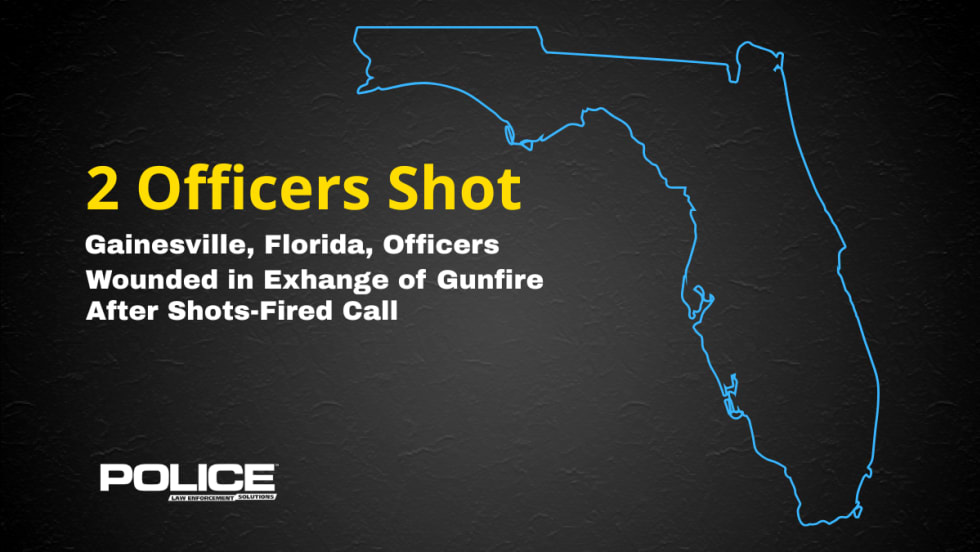A Philadelphia judge has ordered a 71-year-old onetime career criminal to stand trial for murder in the shooting of a police officer in 1966. The officer died last year after being paralyzed for 41 years by his assailant's bullet.
William J. Barnes had already been convicted of shooting the officer and was serving time for the crime. Now under Pennsylvania law he could be convicted of murder if the prosecution can show an "unbroken chain" between the initial injury and the death of his victim, Officer Walter T. Barclay.
Acting medical examiner Ian Hood said at Wednesday's preliminary hearing that the urinary tract infection and sepsis that killed Barclay last year at age 64 were a complication of his paralysis.
Municipal Court Judge Bradley K. Moss said that he had studied cases in Pennsylvania and other states and found that the murder charges were warranted. However, the judge said that he found no case involving such a long time delay as the Barclay murder.
Barnes lawyer Bobby Hoof is expected to argue that there is no unbroken chain because no autopsy was performed on Barclay and his medical records date back only to 1977. Hoof also told the Philadelphia Inquirer that Barclay was in two car accidents after he was paralyzed and that he had hepatitis.
Witnesses who testified during the hearing included retired police officers Herbert Braun and Robert Piateki who responded to the same break-in call with Barclay in November 1966. Both officers told the court that Barnes fired at them as well. He was captured several days after the shooting.
Hoof said he was concened about Barnes' health. The onetime career criminal has spent 48 years of his life in prison. He has had two heart attacks in custody.
After the hearing, Barclay's sister, Rosalyn Harrison, told the local media that she was pleased with the decision. "I do believe the gunshot that he received is what killed him in the end," she said. "From day one, he had urinary-tract infections."











